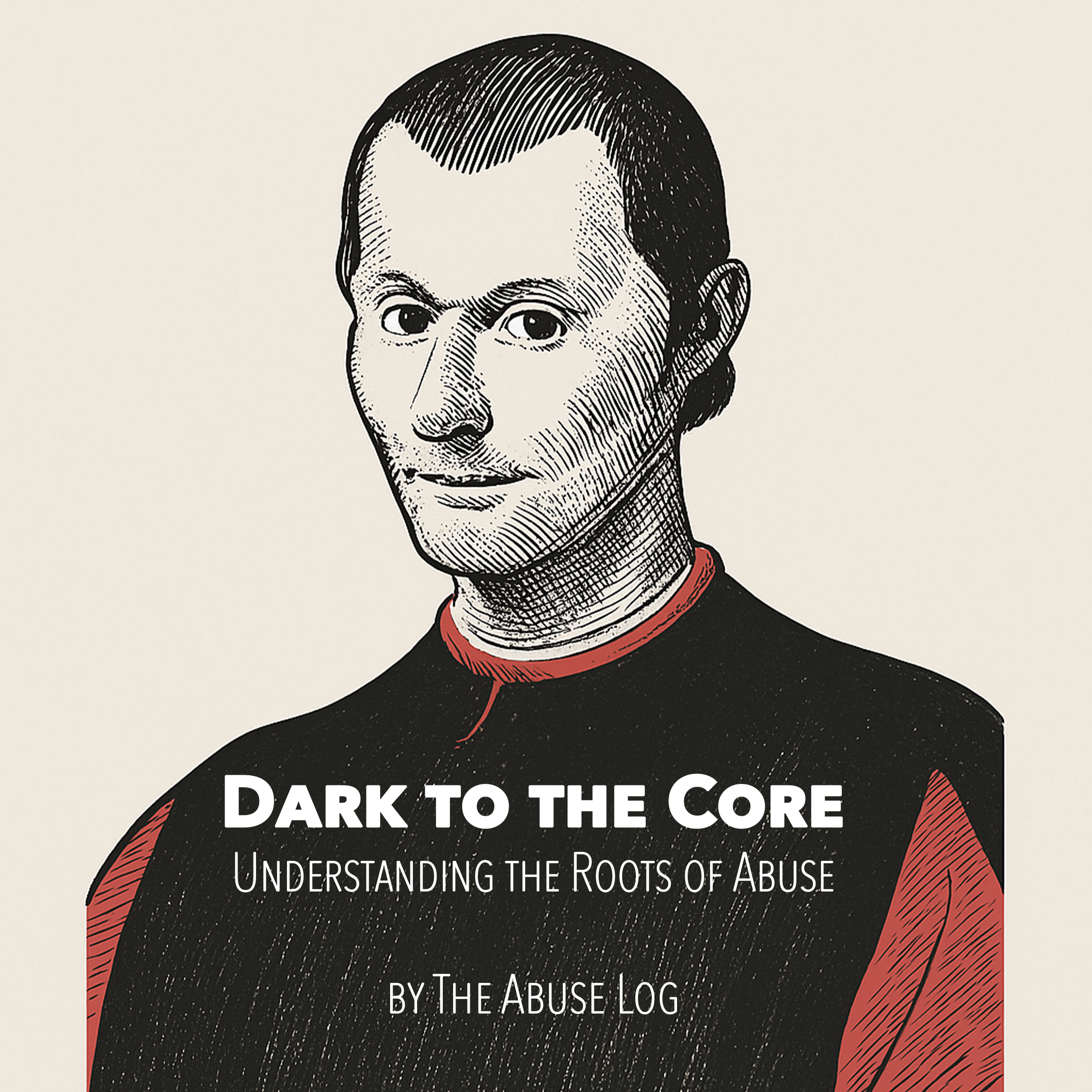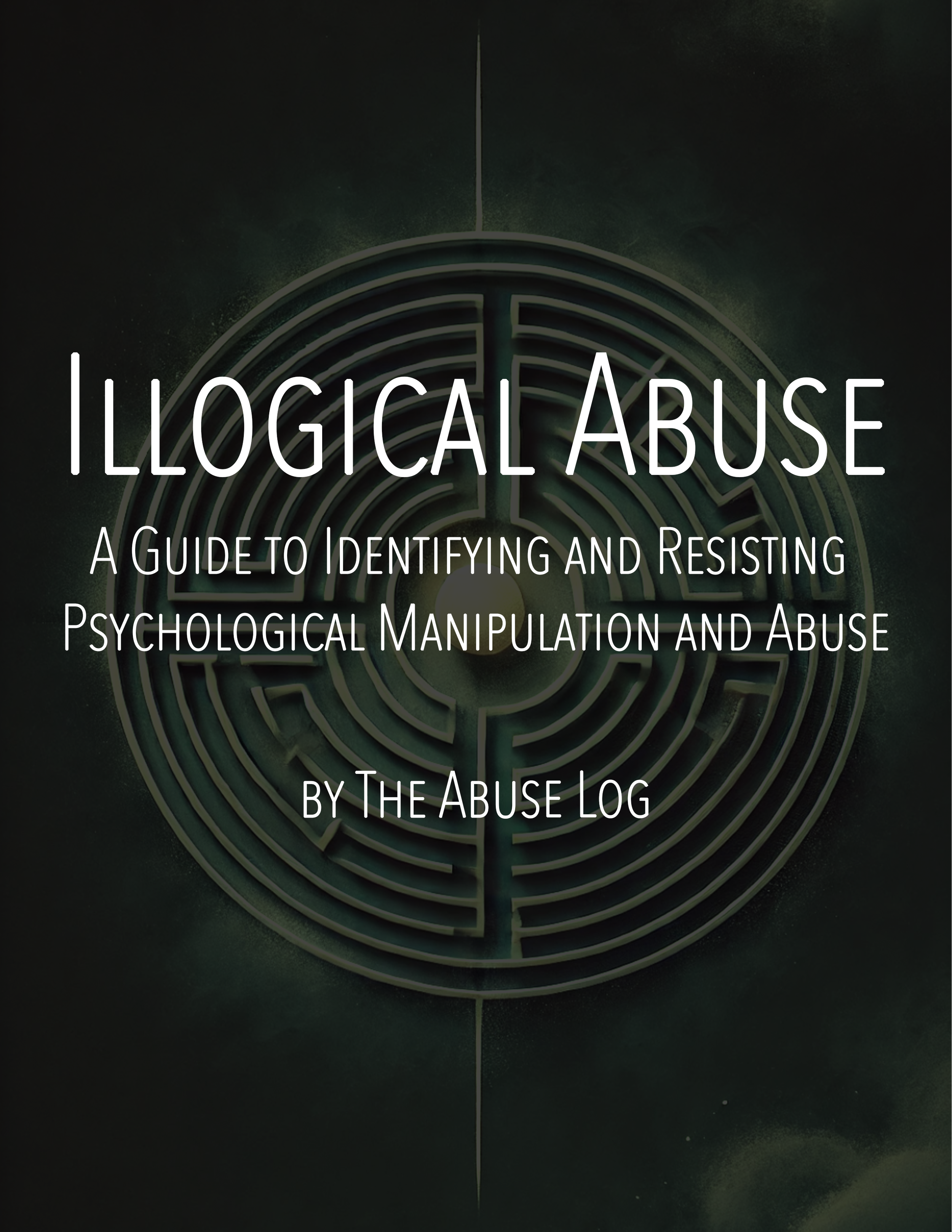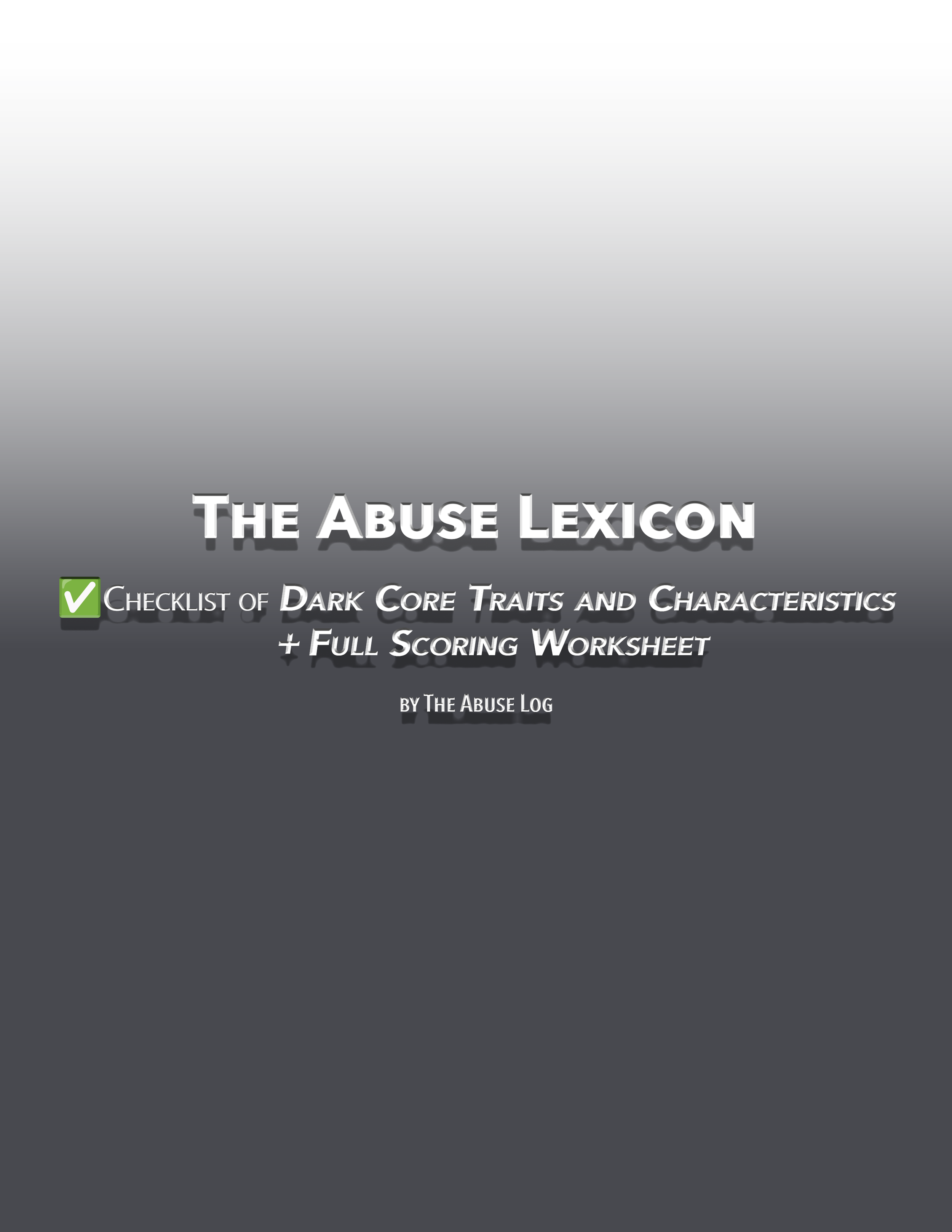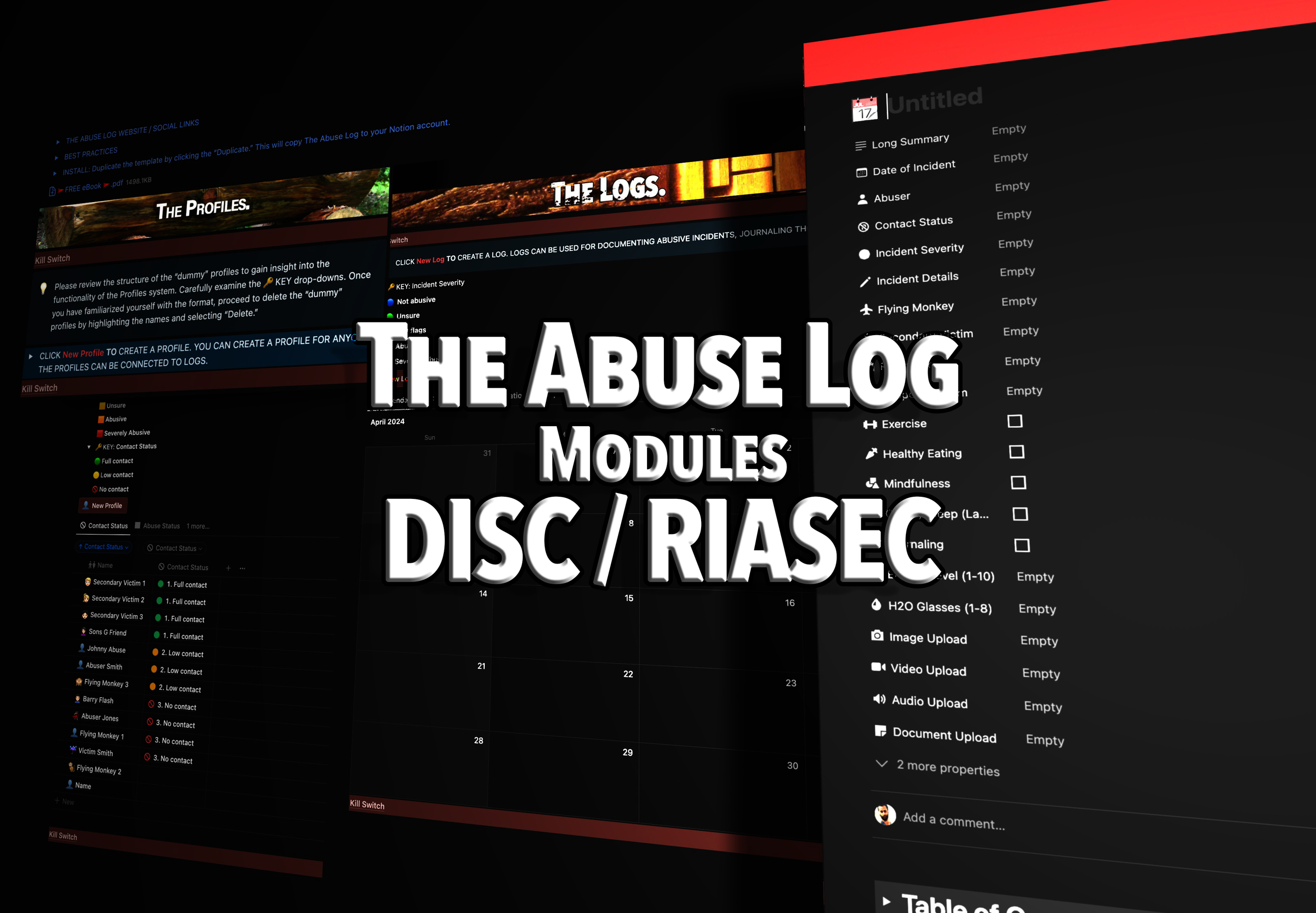How Children of Narcissistic Parents Develop Imposter Syndrome
Growing up in the shadow of a narcissistic parent can feel like living in a hall of mirrors—everything is distorted, and the reflection staring back at you rarely resembles your true self. Children of narcissistic parents often grapple with a deep-seated sense of inadequacy, constantly questioning their worth and doubting their achievements. One of the most insidious psychological consequences of this upbringing is the development of imposter syndrome, a condition marked by persistent self-doubt and the belief that one’s success is undeserved or fraudulent.
This blog explores the connection between narcissistic parenting and imposter syndrome, unraveling the emotional and cognitive pathways that transform childhood experiences into lifelong struggles.

The Narcissistic Parent: Architect of Self-Doubt
Narcissistic parents prioritize their own needs, often at the expense of their children’s emotional well-being. These parents may demand perfection, control outcomes, and seek validation through their children’s achievements. Beneath the surface lies a toxic dynamic where the child’s individuality is overshadowed by the parent’s grandiose self-image. This environment fosters several key factors that lay the foundation for imposter syndrome:
Conditional Love and Approval Narcissistic parents often withhold love unless their child meets specific expectations. Whether it’s excelling in school, winning competitions, or maintaining an outward appearance of success, the child learns that affection is earned rather than freely given. This transactional dynamic erodes the child’s intrinsic sense of worth, creating a mindset where achievements feel like the only currency for validation.
Criticism Disguised as Motivation To maintain control, narcissistic parents frequently employ harsh criticism, cloaking it as “tough love” or constructive feedback. This relentless scrutiny instills a fear of failure and a belief that no accomplishment is ever good enough. Even when the child succeeds, they may internalize the parent’s critical voice, questioning whether their efforts were truly worthwhile.
Enmeshment and Identity Erosion Narcissistic parents often blur the boundaries between themselves and their children, treating their offspring as extensions of their own ego. This enmeshment stifles the child’s ability to develop an independent identity. As adults, they may struggle to distinguish their own desires and goals from the expectations imposed on them, fueling a sense of fraudulence when pursuing personal ambitions.

The Psychological Blueprint of Imposter Syndrome
Imposter syndrome, at its core, is the internalized fear of being “found out” as a fraud. For children of narcissistic parents, this fear stems from early conditioning. The narcissistic household fosters the following psychological traits, which later manifest as imposter syndrome:
Perfectionism The constant demand for perfection in childhood creates adults who set impossibly high standards for themselves. These individuals may dismiss their achievements as luck or a fluke because they don’t meet their self-imposed ideals of “perfect” success.
Fear of Failure Growing up under a microscope leaves little room for mistakes, turning even minor setbacks into perceived catastrophes. This fear follows them into adulthood, making them hesitant to take risks or celebrate achievements, lest they reveal their “incompetence.”
External Validation as a Crutch Accustomed to seeking approval from a narcissistic parent, these individuals often become reliant on external validation to feel worthy. When praise or recognition isn’t forthcoming, they may spiral into self-doubt, believing they’ve deceived others into overestimating their capabilities.
Diminished Self-Worth The child of a narcissistic parent often internalizes the message that they are inherently flawed or “not enough.” This core belief undermines their ability to feel genuinely deserving of success, feeding the narrative of imposture.

Breaking Free: Healing the Wounds of Narcissistic Parenting
Recovering from the imposter syndrome rooted in narcissistic parenting requires both self-awareness and intentional effort. Here are strategies to begin the healing process:
Recognize the Origins of Your Self-Doubt Understanding that your imposter syndrome is a product of your upbringing—not an accurate reflection of your abilities—is a crucial first step. Acknowledge how your parent’s behavior shaped your inner narrative, and begin to challenge those inherited beliefs.
Reclaim Your Identity Spend time exploring your values, passions, and goals. Journaling, therapy, or mindfulness practices can help you reconnect with your authentic self and distinguish your desires from the expectations imposed on you.
Celebrate Your Achievements Create a habit of celebrating even small victories. Write down your accomplishments and reflect on the skills, effort, and determination it took to achieve them. This practice helps reinforce the belief that your success is well-earned.
Practice Self-Compassion Counteract the perfectionism and harsh self-criticism instilled by your upbringing by treating yourself with kindness. Embrace the idea that mistakes are part of growth and don’t define your worth.
Seek Support Connecting with others who have experienced similar struggles can be incredibly validating. Support groups, therapy, or online communities focused on narcissistic abuse recovery can provide a safe space to share your journey and receive encouragement.
The Road Ahead
Living with imposter syndrome as the child of a narcissistic parent can feel like carrying an invisible weight, constantly holding you back from fully embracing your potential. But healing is possible. By recognizing the roots of your self-doubt and challenging the distorted narratives of your past, you can begin to rebuild a healthier, more confident sense of self.
Your worth is not defined by your parents’ approval or the impossible standards they set. It is something inherent, untouchable, and entirely yours. And as you learn to trust your achievements and embrace your identity, you’ll discover the freedom to step out of the shadows and into the light of your own potential.







![The Abuse Log Notion Template [Basic]](https://images.squarespace-cdn.com/content/v1/65b9553c448d7e5b0ec1dfcd/4c83e581-b720-4cbe-83b1-2d72e7a9ac8a/Logo+Gumroad-Basic.png)
![The Abuse Log Notion Template [Advanced]](https://images.squarespace-cdn.com/content/v1/65b9553c448d7e5b0ec1dfcd/c3bb150a-a911-4f91-a23e-3621b98a2d55/Logo+GumroadAdvanced.png)
![The Abuse Log Notion Template [Professional]](https://images.squarespace-cdn.com/content/v1/65b9553c448d7e5b0ec1dfcd/7fa18cea-edf4-4325-8234-13f3527579c2/Logo+GumroadProfessional.png)







































